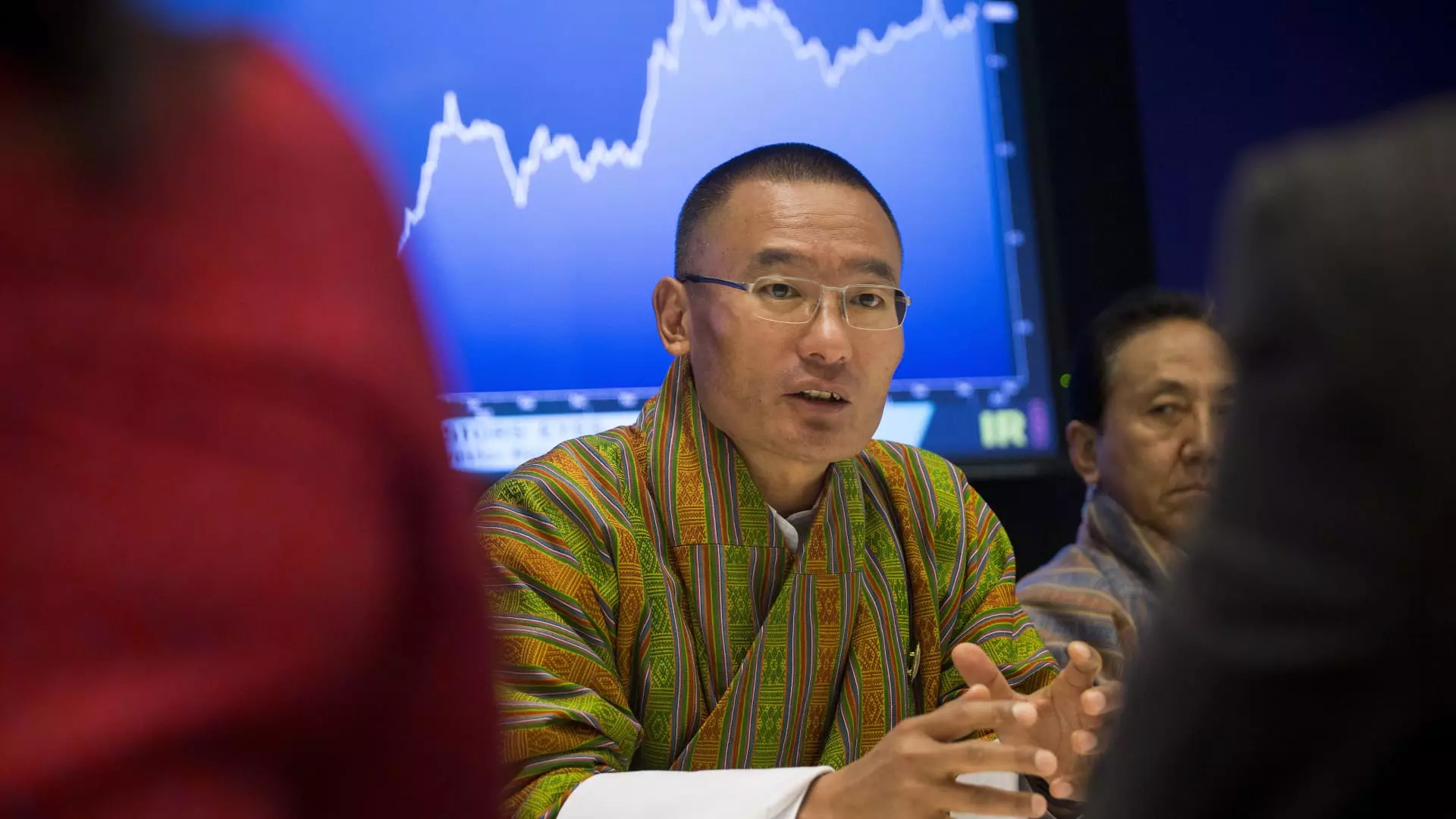Bhutan’s Prime Minister, Tshering Tobgay, recently mentioned in an interview with CNBC the possibility of reevaluating the country’s controversial $100 daily tourism fees. This comes in response to the slower recovery of Bhutan’s tourism industry compared to other countries in Asia. Tobgay hinted that while the current fee may be a limited-time incentive until August 31, 2027, there is a likelihood of an increase in the fees if the demand to visit Bhutan surpasses the country’s capacity. With a quota of 300,000 tourists in mind, Tobgay emphasized the need for sustainable development fees to match the influx of travelers.
Bhutan has been adjusting its tourism fees over the years to attract visitors while also ensuring sustainable growth. In 2022, the country reopened its borders with a $200 per person per day Sustainable Development Fee, which was later reduced to encourage longer stays and promote tourism. The current daily fee stands at $100 for adults and $50 for children aged six to 12. However, Tobgay acknowledged that the changes in fees have caused confusion among tourists. Despite this, he believes that the $100 fee will aid Bhutan in achieving its recovery objectives swiftly.
Bhutan aims to attract 300,000 tourists annually, with a focus on diversifying its visitor demographics. The country plans to have half of the arrivals from “third countries” and “dollar-paying visitors,” as stated in a manifesto from Tobgay’s People’s Democratic Party. Indian travelers, who constitute a significant portion of Bhutan’s visitors, pay a reduced fee compared to international tourists. Daytrippers from India are also exempt from the daily fee, showcasing Bhutan’s efforts to maintain positive relations with neighboring countries.
The Importance of Sustainable Development Fees
Tobgay highlighted the significance of sustainable development fees in preserving Bhutan’s natural environment and supporting social welfare initiatives. He mentioned that most tourists are willing to pay a higher fee when they understand how the proceeds contribute to protecting the country’s biodiversity and providing essential services like education and healthcare to Bhutanese citizens. By involving tourists in the sustainable development process, Bhutan aims to create a sense of shared responsibility towards the nation’s growth and conservation efforts.
Looking ahead, Bhutan anticipates a surge in tourism once the country ramps up its marketing efforts and highlights its unique attractions. Tobgay expressed confidence in the appeal of Bhutan as a travel destination and predicted a significant increase in visitor numbers in the near future. With a strategic approach to managing tourism fees and promoting sustainable practices, Bhutan envisions a robust and vibrant tourism sector that aligns with its long-term development goals.
Bhutan’s decision to potentially revise its tourism fees reflects a broader commitment to balancing economic growth with environmental conservation and social welfare. By reevaluating its fee structures and emphasizing sustainable development, Bhutan seeks to position itself as a responsible and attractive destination for travelers worldwide. As the country navigates the complexities of post-pandemic tourism recovery, the willingness to adapt and innovate will be crucial in shaping Bhutan’s tourism landscape for years to come.

